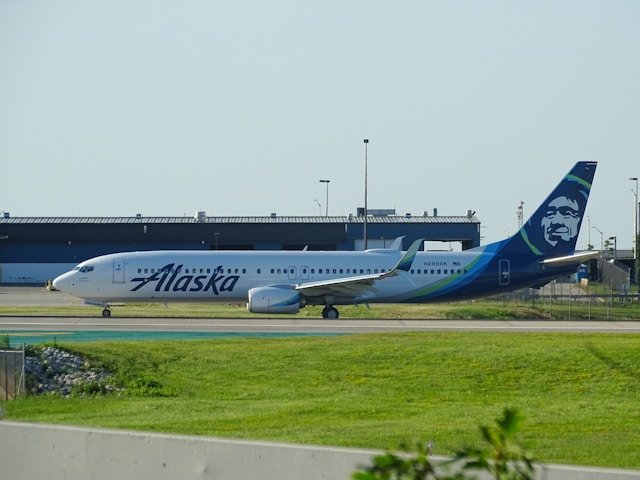Thailand and Cambodia to Reinstate Military Positions Following Recent Border Clash

In a recent development concerning the longstanding border dispute between Thailand and Cambodia, both nations have agreed to return to previously established positions following a brief incident of violence that resulted in the death of a Cambodian soldier. Thai Defence Minister Phumtham Wechayachai stated that both governments are optimistic about achieving a resolution through a forthcoming meeting of the Joint Boundary Committee. This committee was created to facilitate diplomatic discussions and negotiate the complex issues surrounding the border.
Despite this positive step, Cambodian Foreign Minister Prak Sokhonn reiterated the need for international intervention, calling upon the International Court of Justice to assist in resolving the territorial disagreement. He emphasized that the historical and complex nature of this dispute indicates that solely relying on bilateral dialogue may not yield a permanent solution.
In contrast, Thailand has expressed its refusal to accept the court’s authority in this matter, advocating instead for a resolution through direct diplomatic negotiations. The territorial dispute stems from over a century of contention regarding undemarcated areas along the 817-kilometer (508-mile) border, a situation that dates back to French colonial mapping of Cambodia in 1907.
The conflict has had a significant toll, with sporadic outbreaks of violence since 2008, particularly surrounding the 11th-century Preah Vihear Temple, which has seen at least 28 casualties. The recent military altercation, which occurred on May 28, took place in a disputed area near Preah Vihear province in Cambodia and Ubon Ratchathani province in Thailand.
In a bid to de-escalate tensions, the military forces of both nations have agreed on measures to stabilize the situation. However, Cambodia has indicated it may retain troops in the region, despite Thailand’s calls for a troop withdrawal. On the administrative front, Thai authorities have taken control of the operations at all border crossings—17 in total—along the disputed frontier, citing concerns over national sovereignty.
As this situation unfolds, both nations remain hopeful that diplomatic measures, combined with community engagement and collaborative efforts, could pave the way toward a peaceful and enduring resolution. Continued discussions within the Joint Boundary Committee may hold the key to mitigating future conflicts and fostering greater stability in the region.
#PoliticsNews #MiddleEastNews






